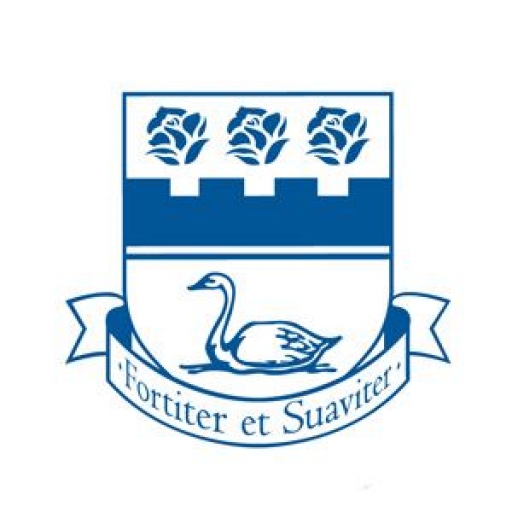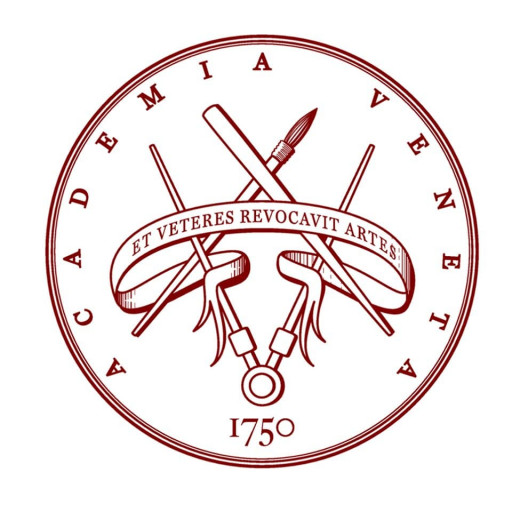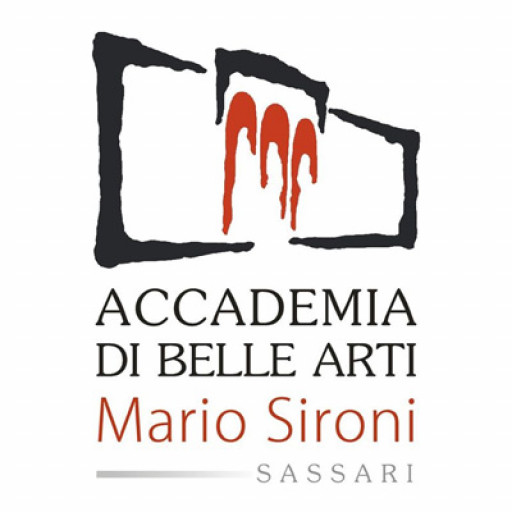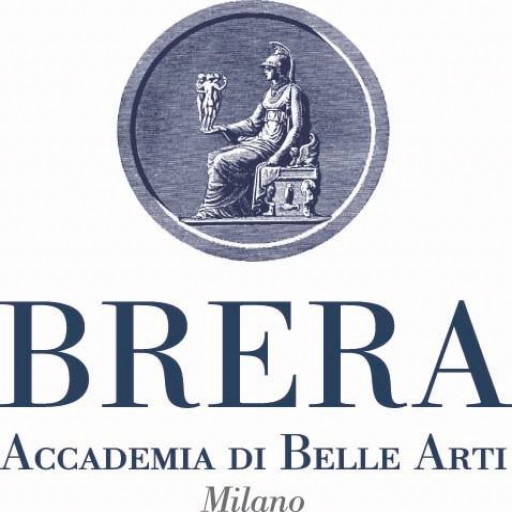Photos of university / #uscedu
The Master of Fine Arts degree in Animation and Digital Arts is a three-year (six semester) graduate program designed for students who have clearly identified animation and digital art as their primary interest in cinema. The program focuses on animation production, including a wide range of techniques and aesthetic approaches, from hand-drawn character animation to state-of-the-art interactive digital animation. While embracing traditional forms, the program strongly encourages innovation and experimentation, and emphasizes imagination, creativity and critical thinking. Students should graduate with a comprehensive knowledge of animation from conception through realization; an understanding of the history of the medium and its aesthetics; in-depth knowledge of computer animation software and the most important elements of digital and interactive media.
The program requires a minimum of 50 units: 32 units are in prescribed, sequential courses in the School of Cinematic Arts. The other 18 units are cinematic arts electives, 4 of which must be taken in the Division of Critical Studies. A thesis is required for the MFA degree. Ongoing workshops in new technologies, traditional and digital media provide additional educational opportunities for students.
Admission is granted once a year in the fall; there are no spring admissions. Approximately 14 students will be enrolled in each incoming class. In addition to practical production, the program also provides opportunities for fieldwork experience and internships to facilitate the student's transition into the profession. Prior knowledge of fundamental digital animation concepts and techniques is recommended.
The school requires 50 units minimum to graduate from the MFA in Animation and Digital Arts program, and two-thirds must be at the 500 level, not including 4 units of CTAN 594a Master's Thesis CTAN 594b Master's Thesis.
Year One, First Semester
- CTAN 451 History of Animation Units: 2
- CTAN 522 Animation Department Seminar Units: 1
- CTAN 544 Introduction to the Art of Animation Units: 3
- CTAN 577a Fundamentals of Animation Units: 2
- CTAN 579 Expanded Animation Units: 2
Year One, Second Semester
- CTAN 522 Animation Department Seminar Units: 1
- CTAN 536 Storytelling for Animation Units: 2
- CTAN 547 Animation Production I Units: 3
- CTAN 577b Fundamentals of Animation Units: 2
- Elective*
Year Two, First Semester
- CTAN 522 Animation Department Seminar Units: 1
- CTAN 555 Animation Design and Production Units: 4
- Elective*
Year Two, Second Semester
- CTAN 505 The Business of Animation Units: 2
- CTAN 522 Animation Department Seminar Units: 1
- CTAN 591 Animation Pre-Thesis Seminar Units: 2
- Elective*
Year Three, First Semester
- CTAN 594a Master's Thesis Units: 2
Year Three, Second Semester
- CTAN 594b Master's Thesis Units: 2
Total required units: 32
*A minimum total of 18 elective units must be taken.
Cinematic Arts Electives
To complete the 50 units required for the MFA in Animation and Digital Arts, students are required to take a minimum of 18 School of Cinematic Arts elective units. Four of those units must be taken from the following Critical Studies courses:
Electives
- CTCS 501 World Cinema Before 1945 Units: 2
- CTCS 502 World Cinema After 1945 Units: 2
- CTCS 503 Survey History of the United States Sound Film Units: 2
- CTCS 504 Survey of Television History Units: 2
- CTCS 505 Survey of Interactive Media Units: 2
- CTCS 510 Case Studies in National Media and/or Regional Media Units: 4 max 12
- CTCS 511 Seminar: Non-Fiction Film/Video Units: 4
- CTCS 517 Introductory Concepts in Cultural Studies Units: 4
- CTCS 518 Seminar: Avant-Garde Film/Video Units: 4
- CTCS 564 Seminar in Film and Television Genres Units: 4
- CTCS 569 Seminar in Film and Television Authors Units: 4
- CTCS 585 Seminar in Film/Television Critical Theory and Production Units: 4
- CTCS 587 Seminar in Television Theory Units: 4
- CTCS 673 Topics in Theory Units: 4
- CTCS 678 Seminar in Film Theory and Medium Specificity Units: 4 max 8
- CTCS 679 Seminar in Genre and/or Narrative Theory Units: 4
Additional Requirements
Thesis Project
In order to begin work on the thesis project, students must first successfully propose their project to a committee of MFA animation and digital arts program faculty. Their proposal is prepared during the spring semester of their second year as part of their pre-thesis class CTAN 591.
In order to pass the pre-thesis class, the thesis proposal must be presented and approved by the thesis committee at the end of the fourth semester. Students cannot change their approved thesis project after the completion of CTAN 591. Throughout the pre-thesis and thesis years of study, students will meet regularly with an MFA animation and digital arts faculty adviser(s) and thesis committee to develop and refine the proposal and discuss the progress of their work. The adviser(s) will be a member of the thesis committee.
The proposal itself will include a written treatment of the project with a discussion of similar work in the field and its relationship to the proposed project. It will describe aesthetic issues to be explored and specific techniques to be employed in its realization. It will also include a storyboard or visualization, budget and schedule, in addition to supporting materials created by the student demonstrating his/her ability to pursue the project. The thesis committee will make comments and decide whether the student may go forward with his/her project. Upon acceptance, the student will begin work on the project, otherwise revising the proposal and meeting again with the committee.
A mid-residency review of the thesis project will take place in the first semester of the final year of study. The student must show that deadlines set in the proposal have been met and that progress consistent with the proposal has been made. The committee may, if necessary, suggest modifications to the project, which the student is then obligated to implement.
In the final year, students concentrate on their thesis projects, completing production and post-production. The student's thesis will be presented to the committee upon completion.
Completion is defined as a fully rendered, animated piece with a completed sound track (guide mix acceptable). In the case of live action and visual effects projects, at least 70 percent of the final film must be animated. In the case of installation work, the piece must be mounted in a suitable space with all sound and animated components completed and functional. In the case of an interactive work the piece must be fully functional with completed animation, sound and interactivity.
In addition to completion of the thesis project, the student must provide the thesis committee with written and visual documentation of the research. This will be documented as a Website or interactive DVD. The documentation comprises the following and should include a publishable research paper: synopsis; artist's statement and research paper; learning objectives — focus of research; type of project — animation, installation, interactive, etc.; research presentation in the format/medium in which the project is to be seen; script and storyboard or conceptual drawings if applicable; style approach, including source references for image shot structure, etc.; sound design and references; collaborators — if any; audience — who it is intended for and who will benefit from the research; budget; marketing and distribution plan.
Criteria for successful completion include: 40 percent originality, 40 percent quality of execution and 20 percent quality of research documentation.
Grade Point Average Requirements
A grade point average of at least 3.0 (A = 4.0) must be maintained in all USC course work toward the master's degree. Courses in which a grade of C- (1.7) or lower is earned will not apply toward a graduate degree. Courses below a C must be repeated.
Time Limit
Students must maintain satisfactory progress toward their master's degrees at all times. The time limit to complete all requirements is three years from the first course at USC applied toward the Master of Fine Arts degree. Course work more than seven years old is invalidated and will not be applied toward the degree.
- Official academic certificate(s)/ attachment(s) to the diploma in Russian from all post-secondary institutions attended
- Official diploma(s)/diploma booklet(s) in Russian
- English translations of both academic certificate(s)/attachment(s) to the diploma and diploma(s)/diploma booklet(s)
- Test scores for English language proficiency
- The application fee is $90 for all graduate programs, except those offered by the Marshall School of Business ($155) and the International Academy’s Pre-Master’s program ($175). We accept Visa, MasterCard and Discover card payments.
- Resumé/Curriculum Vitae: There is no ‘right’ approach to structuring your resumé/CV when updating it to apply for graduate school. However, it is a good idea to take some time to identify the skills and achievements you would like to highlight for your graduate program and structure the document accordingly. Please note, you will be required to upload a copy of your resumé/CV as part of your application.
- Recommendation Letters: Identify potential recommenders and let them know that you would like them to write a recommendation for you. The minimum number of recommendation letters required varies by program. Additionally, recommendations may be optional for some programs at USC.
- GRE/GMAT and Other Tests: Schedule the GRE or GMAT as per your program requirement. Your scores are considered valid only if earned within five years to the month of your intended first term at USC. (For example, no earlier than August 1 five years prior if applying for the fall term).
Scholarships
- Merit-based scholarships









